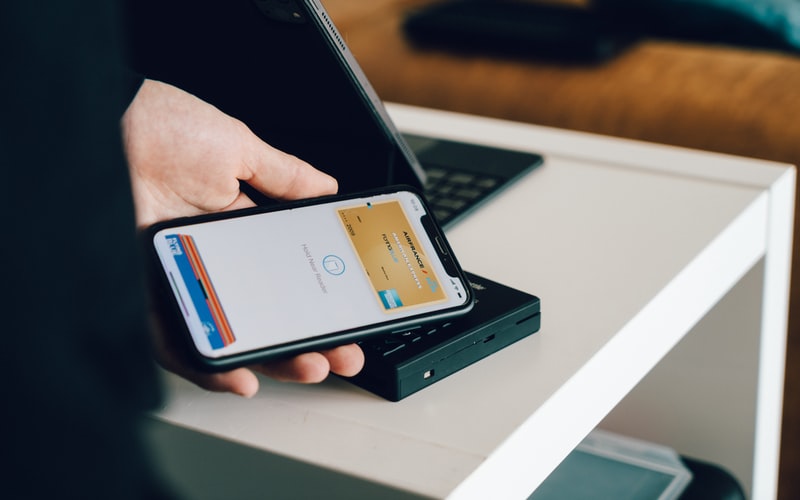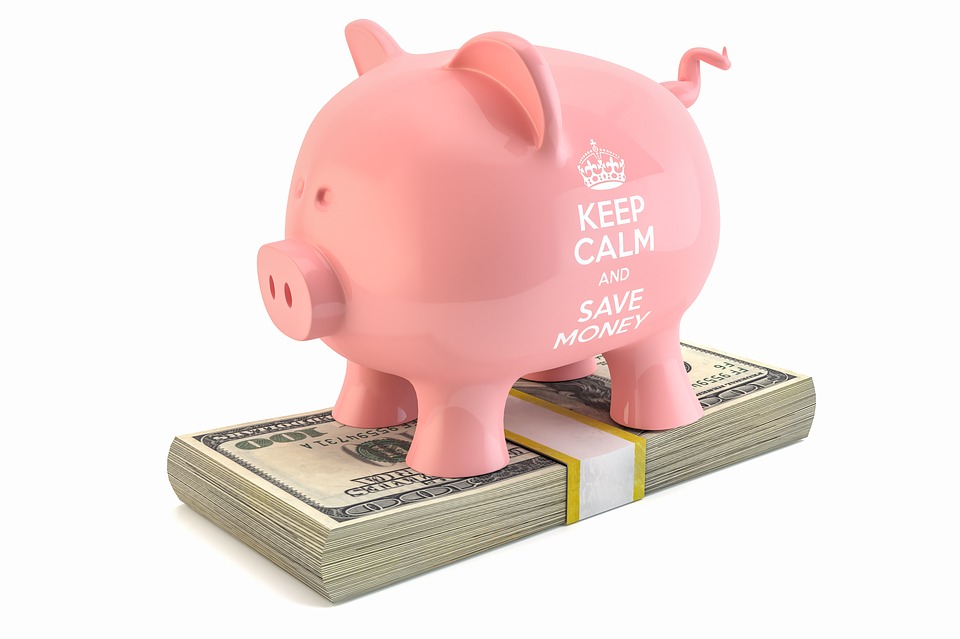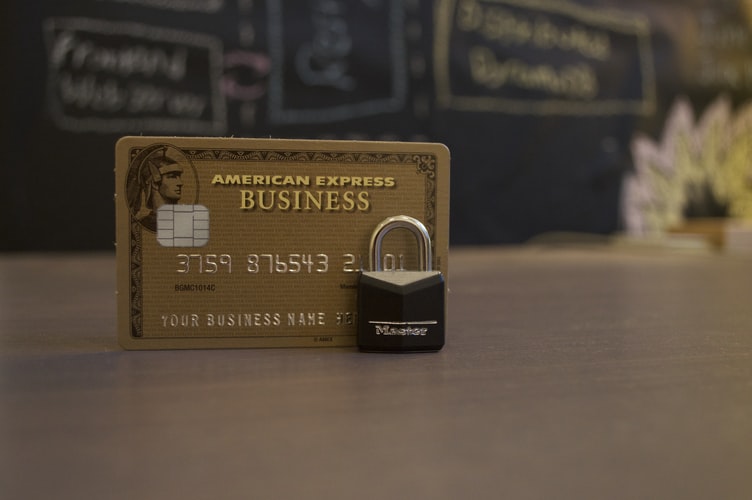Your credit score is pretty important. It’s a reflection of how you handle money, and a lot of lenders will ask to see your personal credit score before you sign up for a loan, a mortgage, or for item financing options. If your credit score isn’t very good, then you may find that it’s a lot more difficult to pay for certain things that necessitate the borrowing of money.
If your credit score isn’t very good, don’t panic. You can actually build a credit score, though it may take some time to do so! Here are a few tips to help you to build your credit score.
How Quickly Can I Improve My Credit Score?

This partially depends on your current score. If your credit score is already low, then you will find it easier to make fast gains in comparison to some whose credit score is strong, to begin with. You can even raise your credit score in just one month if you pay all of your bills on time. Paying the balances on your credit card as you go can also help you to build a credit score quickly.
1. Pay Your Bills
This is rule number one when it comes to building a credit score. If you want to have a good credit score, then it’s vital to ensure that you are paying your bills on time. If you pay your bills late then that will end up registering on your credit score. A lender will see that, especially if you are consistently late with making payments. Those late payments can even stick around on your credit score like a ghost, for as long as 7 and a half years!
If you have made a late payment, don’t panic. Speak to the creditor and see if you can pay upfront – we all make mistakes, and sometimes you may have missed the payment due to a bank error. You can ask if the creditor will avoid reporting the late payment to the credit bureau. Make sure that you are taking steps to remember to pay your bills though, such as by setting up direct debits and phone reminders.
2. Make Sure Your Credit Cards Are Open

If you’re in a rush to improve your credit score, you may think that closing your credit card would be a good way to improve your credit score. Surprisingly, this is not the case. It can even make it harder to improve your credit score if you cancel your credit card.
This is because you will lose the credit limit on the card when you close it, and this can impact your credit utilization. As such, you may see a negative effect on your credit score. Instead, make sure that you keep your credit cards open to avoid any trouble.
3. Make Minor Payments
Every little help! That’s certainly true when it comes to your credit score. Try to make little payments – also known as micropayments. You can do this every so often in order to keep the balances down on your credit card. This in turn will help to improve your credit score. This is something known as credit utilization, and it can have a huge impact on your credit score.
4. Change The Loan Types You Are Using

This may seem a little bizarre, but hear us out. If you are used to only using a credit card, then it may be worth getting a loan to mix it up a little. It can do wonders for improving your credit mix. As such, any lender would be more likely to see you as someone they can trust with credit.
5. Dispute Any Errors on Your Report
It’s always a good idea to stay up to date on your credit report. Make sure that you check it regularly, as this will help you to know when there are any problems. If any issues arise then you can dispute any issues with your credit report. Lenders will usually give you a new report every week if you request one, so you should check this report on a regular basis for any mistakes. Dispute any errors, and you can expect the credit bureau to investigate and respond within 30 days.
6. Ask for a Higher Credit Limit

Your credit can improve if your limit goes up and the balance stays stable as the credit utilization can reduce. As such, it’s a good idea to speak to your credit card provider and see if it’s possible to get a higher limit on your card. It will help to drop your credit score. You are more likely to get a higher credit limit if your income has recently increased or if you have an additional few years of positive credit history.
7. Be an Authorized User
To improve your credit score, you may want to speak to some friends or family members about becoming an authorized user on their credit card. This means that you can get some of their credit score for yourself,, and you’ll have zero liability too.
Of course, don’t just do this on a whim. Speak to your family member and check what their current credit score is. If it isn’t very good then you may be harming your credit score by using their card. Any errors they have made may end up reflecting badly on you.
Like What You’re Reading?
Sign up for Tips & Tricks newsletter for expert advice to get the most out of your technology
Conclusion
Finance can be a tricky thing that can be rather confusing. Building a credit score can be one of the most confusing things of all, especially if you are new to it all. With a little bit of patience and smart money decisions, you can improve your credit score without issue. Just make sure that you are making payments on time, and that you are disputing any errors on your credit account. With time, you will be able to prove to lenders that you are trustworthy as you will have a better credit score. You can even make a positive change in as little as a month if necessary.
Read Also:




























